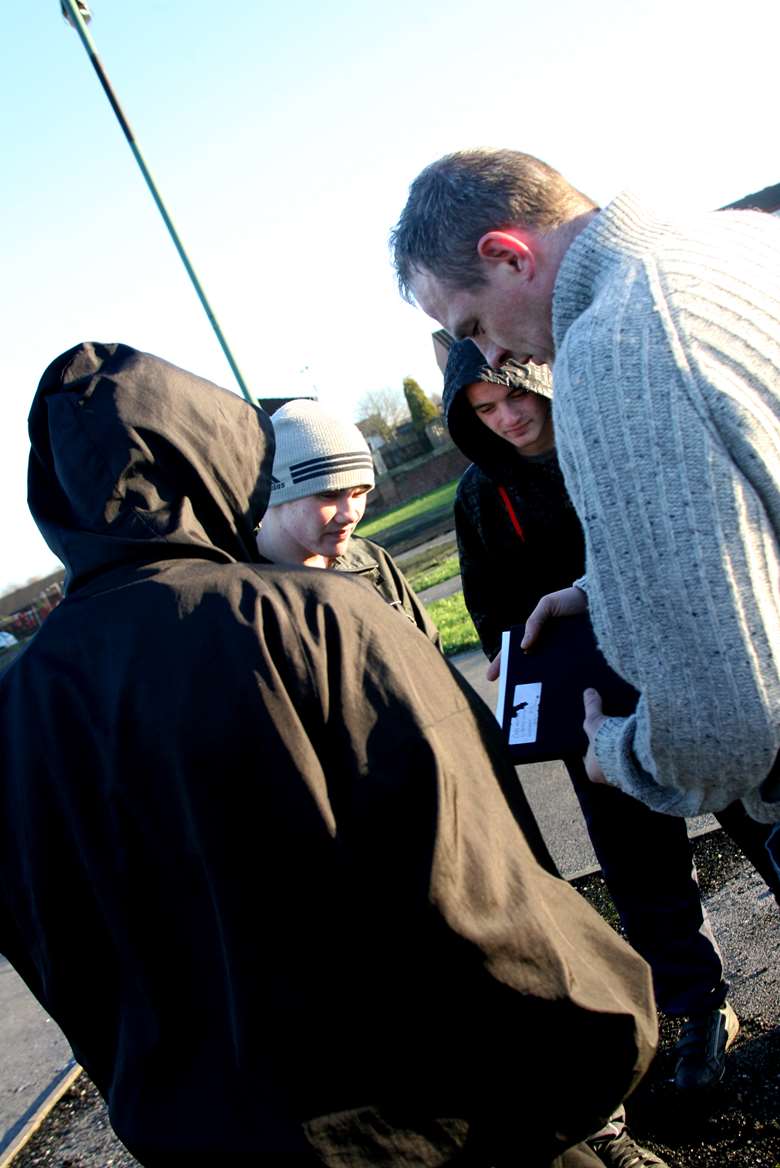Troubled Families programme on course to miss targets
Neil Puffett
Friday, April 4, 2014
The government will miss its target to turn around the lives of 120,000 "troubled families" unless it speeds up the rate of success, a group of MPs has warned.

A report by the Public Accounts Select Committee found that by October last year the Department for Communities and Local Government’s (DCLG) Troubled Families programme had achieved lasting improvements in the lives of 22,000 families out of a target of 120,000 by May 2015 – leaving a further 98,000 to be “turned around” in less than two years.
This success rate of 18.3 per cent was 13 per cent behind target.
Meanwhile, a separate Department for Work and Pensions initiative – Families with Multiple Problems – intended to get 22 per cent of those entering the programme into sustained employment had only achieved this for 720 people – about four per cent of expected performance – by September 2013.
Margaret Hodge, chair of the public accounts committee, said both departments have got to speed up their success rate.
“Lower than expected performance has partly resulted from the government’s baffling decision to implement two separate programmes for troubled families, which resulted in confusion and unnecessary duplication,” she said.
“Another challenge has been the departments’ reliance on individual local authorities and private providers to deliver outcomes.
“There have been big variations in performance, which put achieving the programmes’ objectives at risk.
“The departments must ensure that performance in each local authority, and by each contractor, is scrutinised to properly manage the contracts giving appropriate support, but also imposing sanctions where necessary.”
Anne Longfield, chief executive of 4Children, said some local areas are achieving real change through the Troubled Families programme, but added that progress is inconsistent and many local areas need to do better.
“The Troubled Families programme needs to be at the heart of local programmes for change for families and communities,” she said.
“Families are helped best when services and professionals, including social services, health, housing and Jobcentre Plus, work closely together to provide the joined-up and personalised support that families need.”
However, she added that early intervention remains essential to prevent more families reaching crisis point.
A DCLG spokesman said: “The Troubled Families programme is on track and having a big impact on some of the hardest to help families in the country. This report acknowledges that the programme was three per cent ahead of the committee’s own expectations at the end of last year, with over 22,000 families turned around in just 18 months. This means children are back in school; youth crime and anti-social behaviour is significantly reduced; and adults are either in work or on a path to employment.
“Over 100,000 families have now been identified for help through this programme and over 78,000 are being actively worked with. Together, these programmes provide value for money for the taxpayer through payment by results, which is better for taxpayers and those we are supporting on the programme."
Last month, the government announced it would work with an additional 40,000 troubled families a year earlier than originally planned as part of the scheme's expansion.




